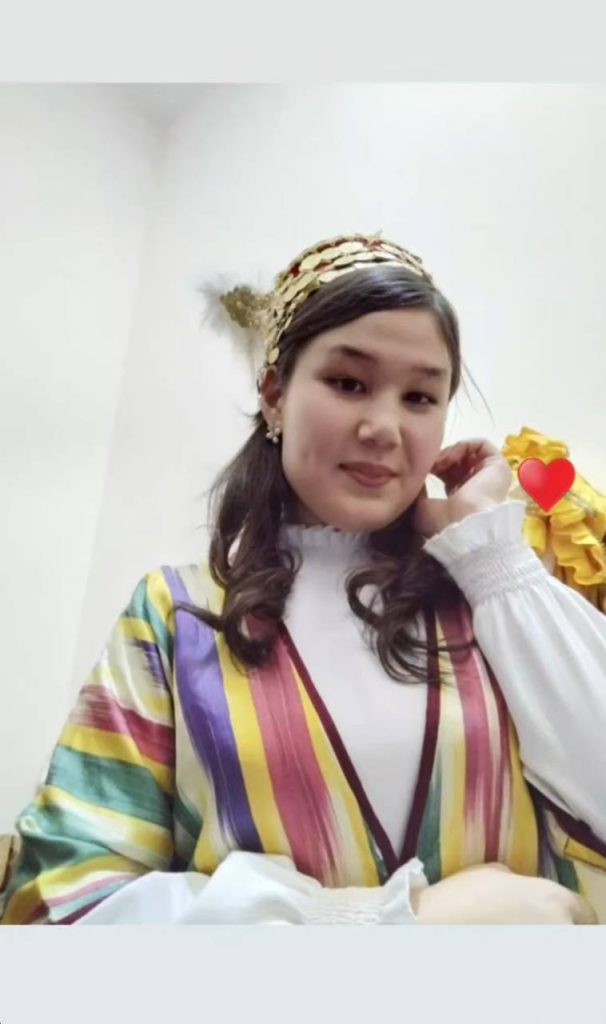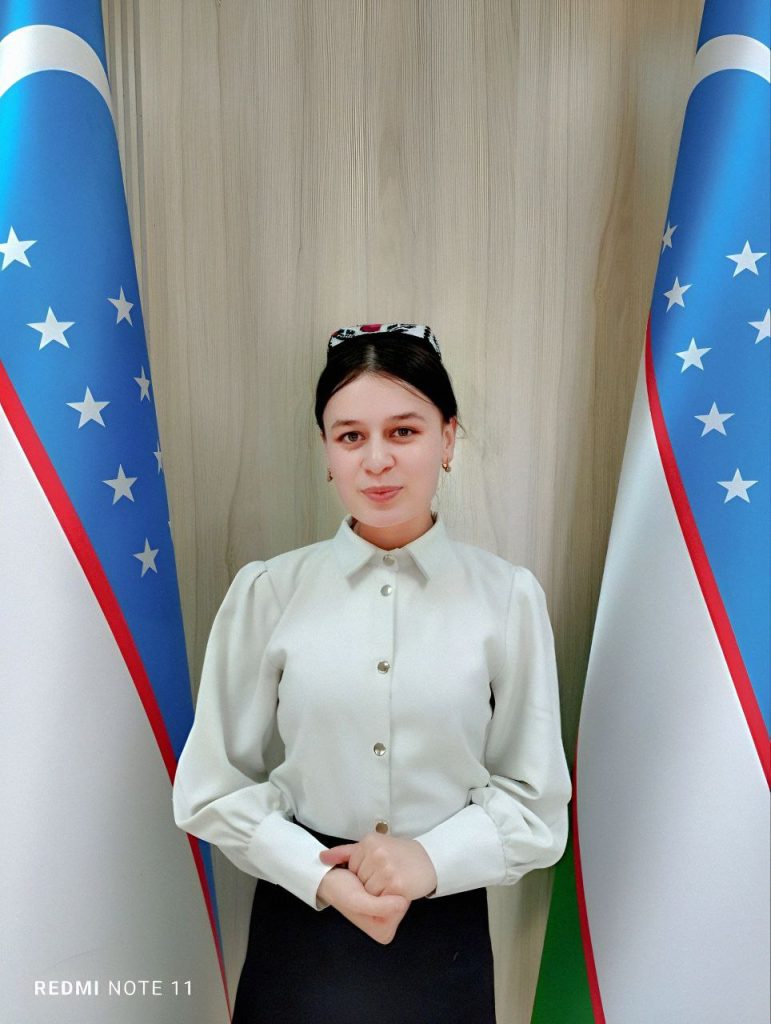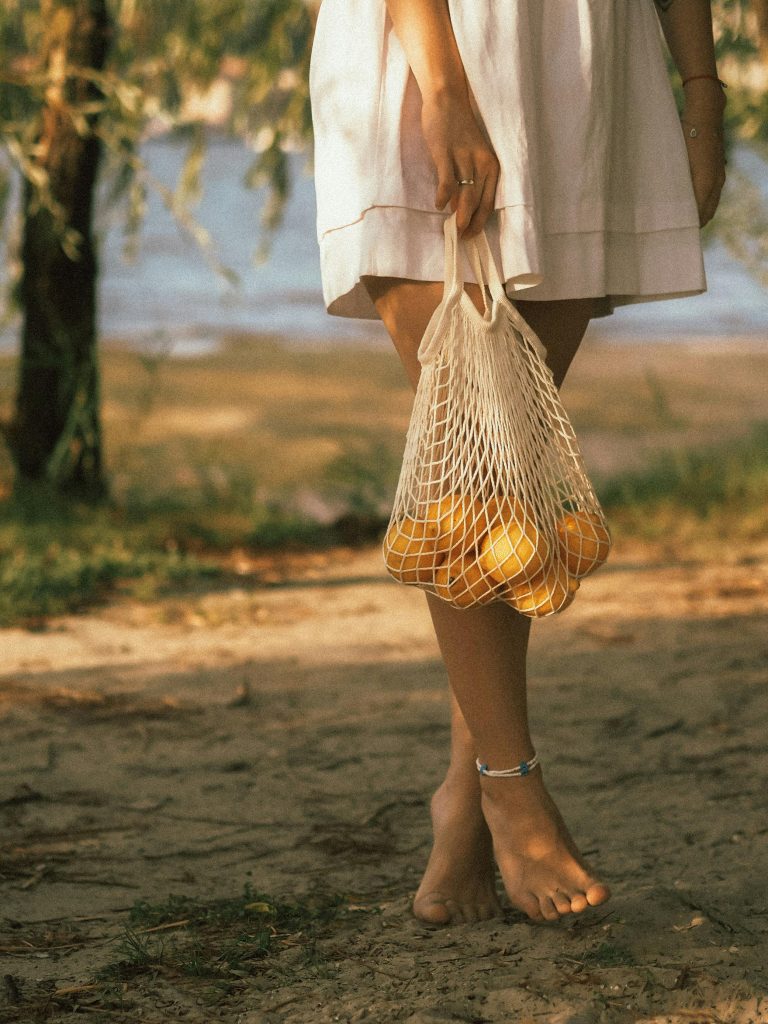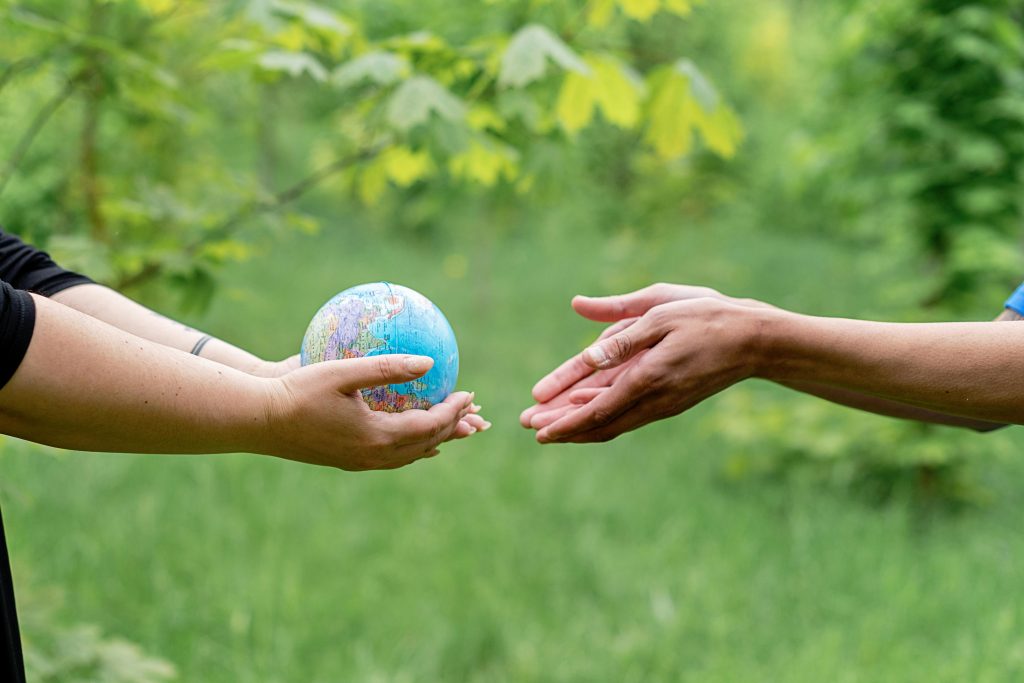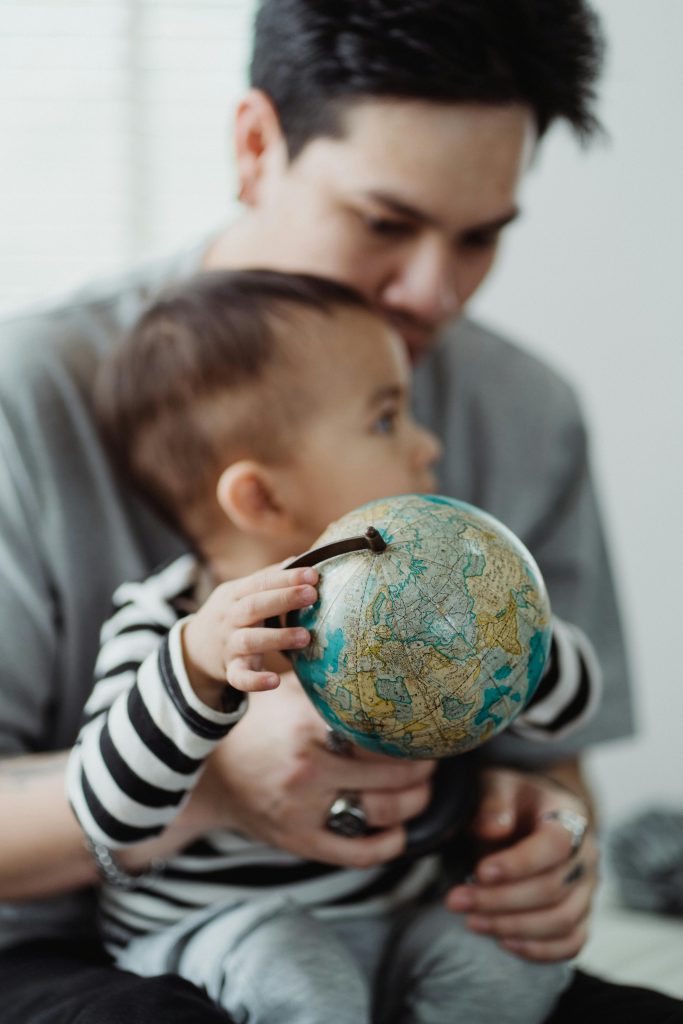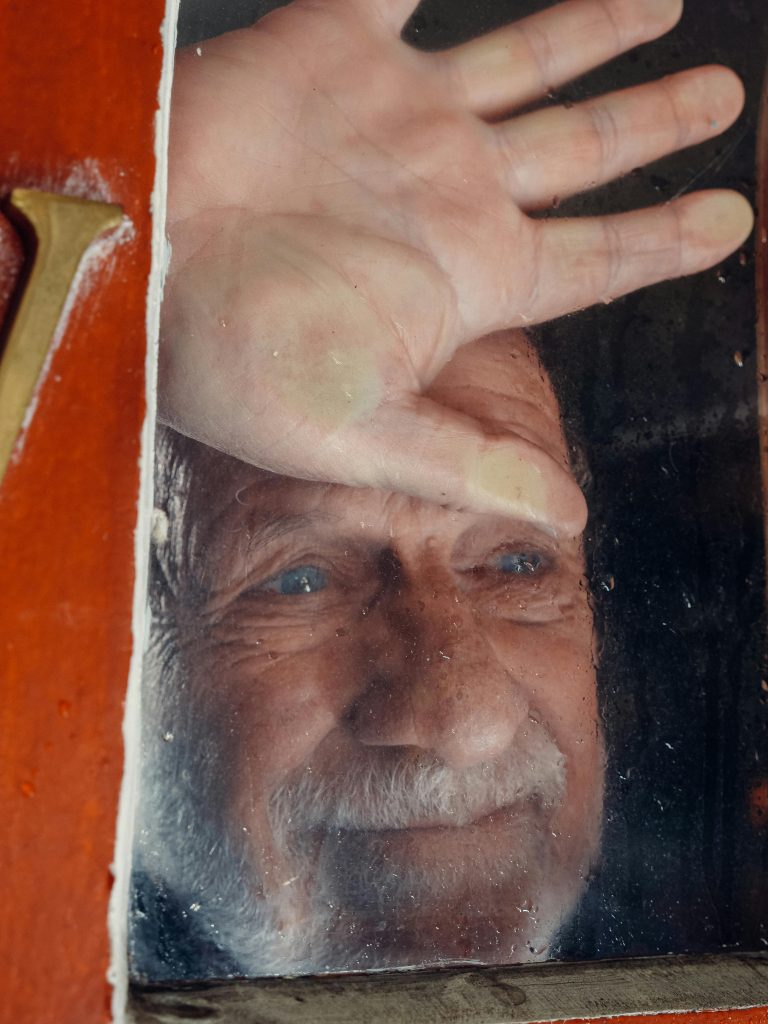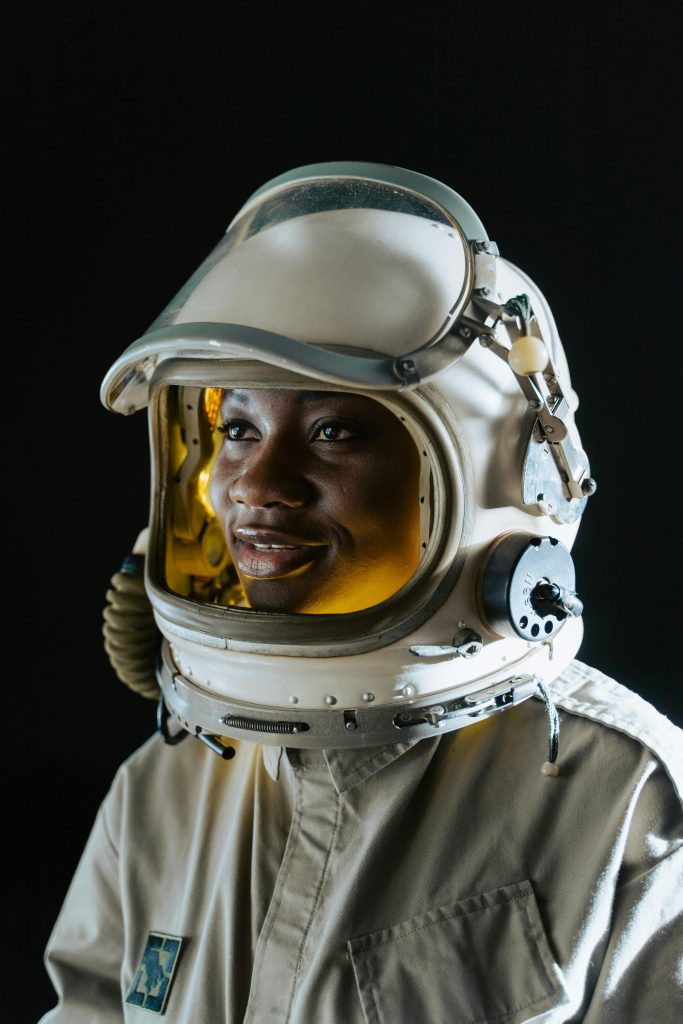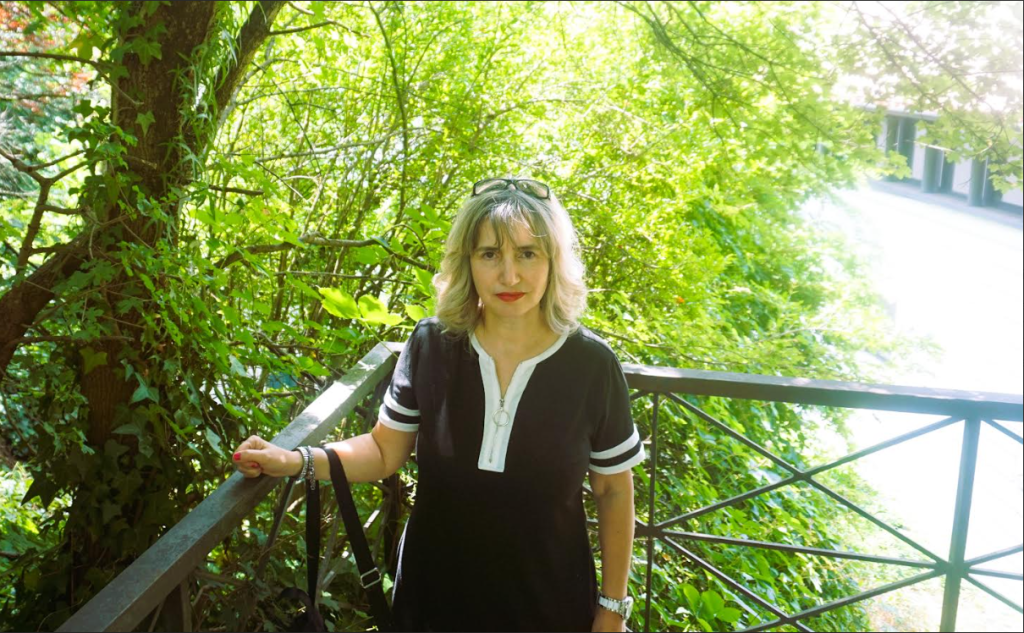The Paradox of Expectation: When Letting Go Brings the Best Results
We are all dreamers, aren’t we? We set goals, envision our future, make plans, and wait. We wait for love, for success, for recognition. We wait for things to fall into place. But what if I told you that waiting too much—or expecting too little—can both lead to unexpected, life-altering outcomes? What if the very act of letting go is the secret to finding exactly what we’ve been searching for?
This article is not based on abstract theories or philosophical ideas written in books. It’s personal. These are thoughts born from my own life experiences—moments of deep disappointment, surprising joy, and the realization that expectation can be both a guiding light and a heavy burden.
Two Extremes of Expectation
Over the years, I’ve found myself swinging between two emotional extremes when it comes to expectation.
First, there are times I wait and wait. I put all my heart into something—a project, a person, a dream. I imagine it fully. I dress it in hope, decorate it with possibilities, and rehearse the joy I will feel when it finally comes true. But life often walks in wearing a different face. The results don’t match my script. It feels like I’ve been holding a beautifully wrapped box, only to open it and find it empty. Disappointment whispers, “This isn’t what you hoped for.”
Second, after experiencing repeated heartbreak or failures, I reach a point where I expect nothing. I say things like, “Let it all fall apart. I don’t care anymore.” I adopt an attitude of emotional self-defense, a wall to protect myself from being hurt again. And then, quite unexpectedly, life knocks on my door with a smile. It offers me something better than what I had hoped for. I whisper a quiet “Alhamdulillah” in awe. It’s as if the moment I stop chasing, life starts giving.
The Burden of Waiting
There is a danger in waiting too long. Waiting can slowly become a form of passive suffering. We wait for things to happen, but forget to move. We hold on so tightly to our expectations that we paralyze ourselves. We stop taking risks. We stop exploring new paths. We stop living in the moment.
I’ve seen people—myself included—who waited for someone to recognize their efforts, for a “perfect” opportunity to arrive, or for happiness to knock on the door. But while we wait, life keeps moving. Time keeps ticking. The world keeps spinning. And often, the doors we were staring at remain closed, while other doors pass by unnoticed.
It’s important to remember that hope is not the same as waiting, and faith is not the same as clinging. Hope says, “I believe something good can happen,” but waiting sometimes says, “I won’t move until it happens.”
The Overachievement Trap
On the other side of the coin, some people pour their entire energy into achieving their dreams. They work tirelessly, sacrifice rest, push through failure after failure. They don’t wait—they run. And yet, even after all this, they sometimes find that the outcome still doesn’t satisfy them. Why?
Because even though the effort was there, their hearts were deeply attached to a very specific result. And when the result didn’t match their inner picture, they felt like they failed. They were so focused on the destination that they forgot to enjoy the journey.
This has happened to me more than once. I worked hard, did everything “right,” and still felt unfulfilled. But then—when I least expected it—something completely different arrived. Something I never even asked for. A surprise. A blessing in disguise. A “BOOM” moment that made me say, “This is what I needed all along.”
Letting Go Is Not Giving Up
Many people mistake letting go for giving up. They think if they stop expecting, they’re admitting defeat. But that’s not true. Letting go is not the same as losing hope. It’s about trusting that the universe, or God, or life itself, knows better than we do.
Letting go means this:
You still work hard.
You still love deeply.
You still dream boldly.
But you release the idea that things must happen in a certain way or at a certain time. You stop trying to control the outcome. You stop tying your self-worth to the result.
In fact, letting go is an act of courage. It says, “I am doing my part, and I trust the rest to unfold as it should.”
Why the Best Things Happen When We Least Expect Them
Psychologists call this the “expectancy paradox.” When we expect something too much, we put pressure on it. We become emotionally dependent on its success. This anxiety can actually block the flow of creativity, joy, and spontaneous opportunity.
But when we are relaxed, open, and detached from the result, we are more likely to notice the quiet, unexpected doors opening. We are more receptive to surprise. We become magnetically attractive to good things—not because we chase them, but because we are not chained to them.
Think about it: How many times have people found love when they stopped looking? Or discovered a new path when they gave up on an old dream?
That’s because sometimes, the best gifts come when your hands are not clenched in desperation—but open in surrender.
Action Without Attachment
So what do we do? Should we stop dreaming? Should we stop making plans?
Absolutely not.
Dream. Plan. Act. Push forward.
But don’t attach your peace to the result. Don’t say, “I’ll only be happy if this happens.” Instead, say, “I’ll do my best, and whatever happens, I will grow from it.”
That shift in mindset changes everything.
You can still apply to that scholarship, write that book, pursue that relationship, or fight for your goals—with full heart. But know that life may have better plans. It may reroute you. And when it does, don’t resist. Follow it. You might just find something far greater than you imagined.
A Real-Life Example
Let me share a real example.
There was a competition I deeply wanted to win. I prepared, practiced, visualized the victory. I imagined the applause, the recognition, the pride I’d feel. I gave everything.
The day arrived. I didn’t win.
I felt crushed. Not because I wasn’t proud of my work, but because I had expected the outcome so vividly that I couldn’t separate my effort from the result.
But weeks later, something strange happened. A different opportunity—completely unrelated—came into my life. It turned out to be a doorway to a bigger stage, better connections, and deeper fulfillment. It was a bigger blessing than the one I had hoped for. I wouldn’t have found it if I hadn’t lost the first one.
That’s when I learned: sometimes, your loss is a diversion, not a defeat.
Final Thoughts: Let Results Find You
The truth is: life is full of surprises, some painful and some breathtakingly beautiful. We are not meant to control everything. We are meant to participate, contribute, love, grow—and then trust.
Don’t stop dreaming. Don’t stop trying. But release the pressure to know how everything will unfold.
Let go of the timelines.
Let go of the fixed outcomes.
Let go of the fear that if it doesn’t happen your way, it won’t happen at all.
Sometimes, the very thing you’re chasing is just waiting for you to stop running—so it can find you where you are.
So here’s my final advice, drawn from experience:
Do your part. Work hard, give your best.
Stay open. Be flexible to life’s surprises.
Detach from the outcome. Trust that what’s meant for you will come.
Celebrate every step. Even the failures lead somewhere.
Let life surprise you.
Because when you stop waiting so desperately, life may just show up at your door with a gift you never expected—but always needed.
Surayyo Nosirova Elyor qizi was born on May 13, 2006, in the Narpay district of the Samarkand region, Uzbekistan. From an early age, she showed a deep interest in literature, languages, and creative expression. Her passion for learning and writing became evident during her school years, where she actively participated in various academic, literary, and cultural activities.
Currently, Surayyo is a first-year student at the Uzbekistan State University World Languages university, specializing in English Philology and Teaching. She is known for her strong academic performance and her dedication to mastering the English language. Her commitment to education extends beyond the classroom—she is the author of three published books: Heartfelt Thoughts, Voices in Writing, and Beyond Words: Mastering English. Each of these works reflects her insights into language learning, writing skills, and the emotional depth of student life.

